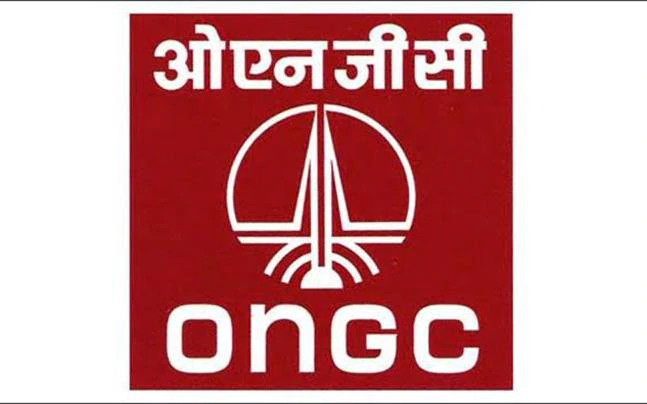
Though historic in many ways, solar developer Azure Power Global’s IPO on the New York Stock Exchange has fallen short of expectations as it has traded below the offer price since listing. Priced at $18 per share, the stock stood at $14.60 at the end of October 12, the day the IPO opened. It slid further to $13.65 the next day, but inched up to $14.31 on October 17, when the IPO closed. Since then it has improved still more to close at $15.72 per share on October 24, which however still remains below the issue price of $18. “We are the first Indian energy company to go in for a US IPO,” said Inderpreet Wadhwa, CEO at Azure Power. “We are also the first renewable energy IPO in the US since August 2015.”
Talk of Azure Power’s NYSE listing had been on for over a year. Indeed, it originally planned to offer 7.58 million shares within a price band of $21-23 per share to raise $150 million. Days before the sale, however, 4.17 million shares were bought in a concurrent private placement by Canadian pension fund CDPQ for around $75 million. For the remaining 3.41million shares, Azure Power lowered the price to $18 per share for a total of $61.4 million, but the price fell further as soon as the company listed. The company said in an email response that there has been no shortfall.
Given the overall sluggishness of the US market this year, beating the trend was a tall order for Azure Power from the start. All the IPOs launched on the NYSE in the same week as Azure Power, barring one, suffered similarly. Only 68 IPOs have been launched on the NYSE so far this year, according to Fortune magazine, compared with 138 in the same period in 2015. Most solar stocks in the US have also been struggling. Analysts have maintained that potential US buyers were worried about the Indian market too, given the problems solar developers have been facing in acquiring finance and land, as well as the falling solar tariffs which are squeezing every company’s internal rate of return. Besides, as Azure Power’s prospectus itself admitted, the company has “never been profitable and believe we will continue to incur net losses in the foreseeable future”.















